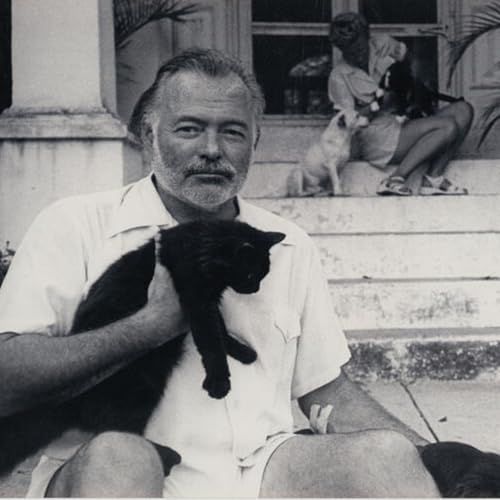David Foster Wallace is one of those writers for me. He’s one I wanted to be like. There are others. But I have identified over the years with Wallace because he always seemed so sad. When I read that he had hung himself almost 20 years ago now, I remember feeling like I was sad, but not surprised.
Having struggled with depression and suicidal thoughts myself over the years, it doesn’t feel strange to me when someone does it. Sometimes, I’m jealous. Not often anymore, as I feel like I’ve gotten past that particular hump. The desire to be gone is more rare for me now - maybe with the knowledge that it’s coming closer to the time when it will end anyway. How many years might I have left? 20? 30? Do I want 40? Do I want to be 92?
That’s for another essay.
David Foster Wallace was one of the more versatile writers and yet, I always feel like I’m on a front porch or cozy in a living room when I read his words. I feel like I’m being bestowed information I did not previously have.
After he died, D.T. Max wrote this about him in The New Yorker.
The Unfinished
He was only forty-six when he killed himself, which helped explain the sense of loss readers and critics felt. There was also Wallace’s outsized passion for the printed word at a time when it looked like it needed champions. His novels were overstuffed with facts, humor, digressions, silence, and sadness. He conjured the world in two-hundred-word sentences that mixed formal diction and street slang, technicalese and plain speech; his prose slid forward with a controlled lack of control that mimed thought itself.
“What goes on inside is just too fast and huge and all interconnected for words to do more than barely sketch the outlines of at most one tiny little part of it at any given instant,” he wrote in “Good Old Neon,” a story from 2001. Riffs that did not fit into his narrative he sent to footnotes and endnotes, which he liked, he once said, because they were “almost like having a second voice in your head.”
The sadness over Wallace’s death was also connected to a feeling that, for all his outpouring of words, he died with his work incomplete. Wallace, at least, never felt that he had hit his target. His goal had been to show readers how to live a fulfilled, meaningful life. “Fiction’s about what it is to be a fucking human being,” he once said. Good writing should help readers to “become less alone inside.”
I felt a lot less alone as a writer - as a person - and really, I laughed a lot because being the mother of eight children and the mother - I guess - of 17 books, I feel this essay so acutely.Please remember DFW with me and listen to The Nature of the Fun.
Become a supporter of this podcast: https://www.spreaker.com/podcast/backspace-essays-on-everything-with-michelle-kennedy--6186916/support.
続きを読む
一部表示
 2025/07/2840 分
2025/07/2840 分 27 分
27 分 2025/04/2114 分
2025/04/2114 分 2025/03/0528 分
2025/03/0528 分 2025/01/1825 分
2025/01/1825 分 2024/12/1822 分
2024/12/1822 分 17 分
17 分 25 分
25 分
